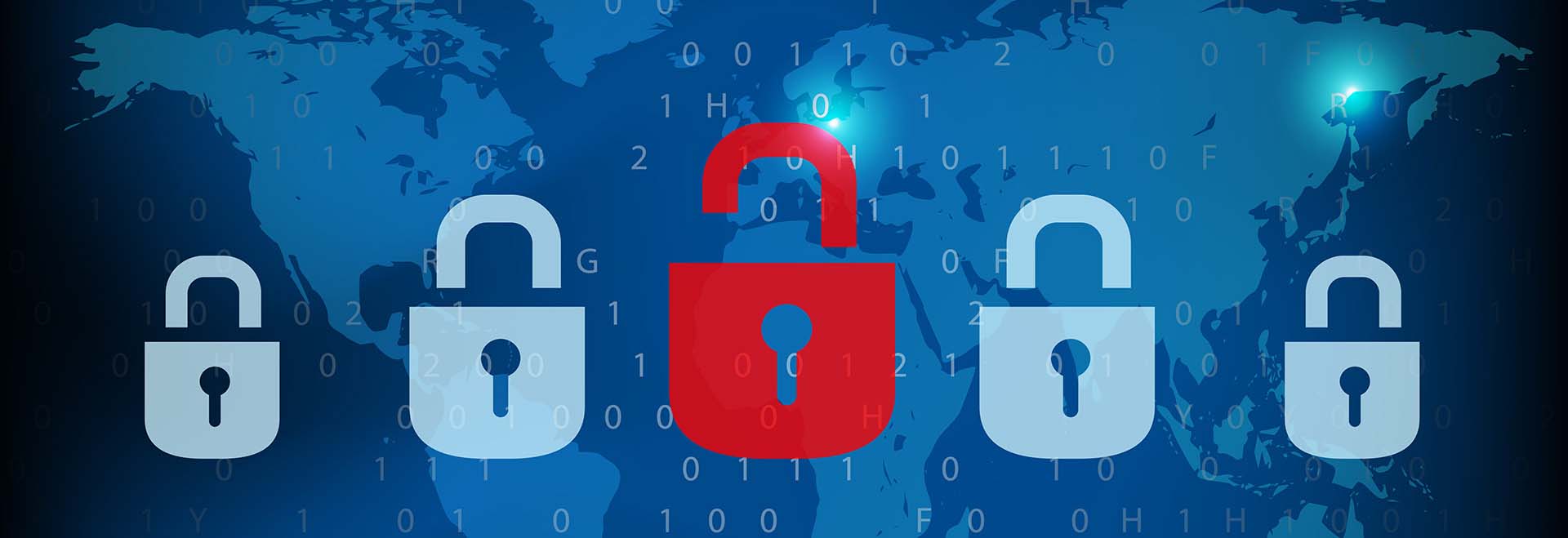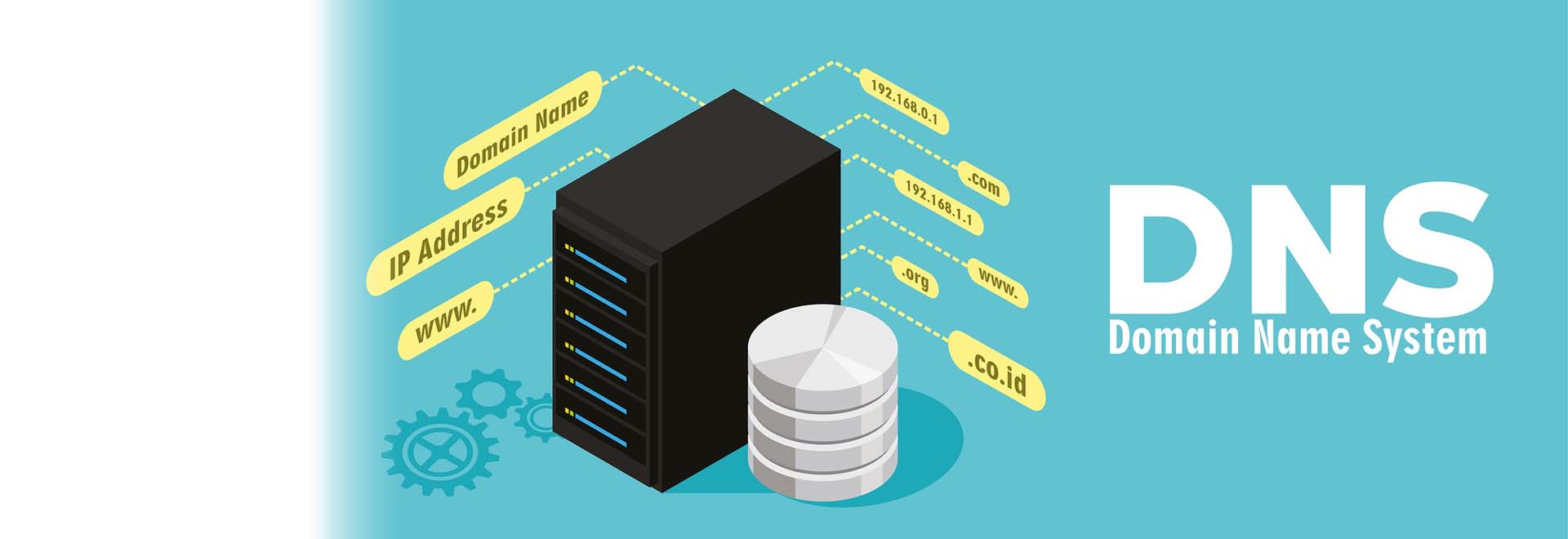
About Us
Fighting to protect your InternetDNSFlex started out in 2015, when a group of friends built a concept to help liberate the internet from a dramatic increase in online censorship, we view it as a violation of human rights and freedom of choice. As the internet matured, it started to feel considerably disrupted and controlled. ISP’s notoriously engage in selective P2P throttling and government institutions invest a massive amount of effort prying on data for the purpose of mining, sharing and profiteering. We took this as an opportunity to solution a product to evade these questionable tactics and bring back the open internet, the way it should be.
Our prototype was shared amongst friends. As demand increased so did our focus on being a public service provider. For this purpose, we set out to expand our DNS Network globally across regions for the world to enjoy. We are progressively updating our network to adapt to the needs of our customers.
Our Goal
Our goal is to provide an essential suite of tools for data encryption and online security, which can be used to mask your online identity and bypass regional content restrictions. DNSFlex does all this by supporting both DNS and VPN (OpenVPN) protocols ensuring compatibility on any operating system!
At DNSFlex, we strive to maintain customer satisfaction by providing 24/7 support and delivering a product that is multi-platform (mobile and desktop) compatible. Our Engineers are focused on excellence and customer success!
' Net neutrality was essential for our economy; it was essential to preserve freedom and openness, both for economic reasons and free speech reasons. '
- Julius Genachowski
Data Privacy Concerns
Rising Concerns about Businesses and Data Use 2017. More than 95% of Americans surveyed in a recent poll said they were either somewhat concerned or very concerned about how companies use their data.
How concerned are you about data privacy and how companies use your data?
-
Very Concerned
-
Concerned
-
Not Concerned
75%
Of people have limited their online activity in the past year due to spam and privacy concerns.
45%
of people surveyed said they are more worried about their online data than over a year ago.







